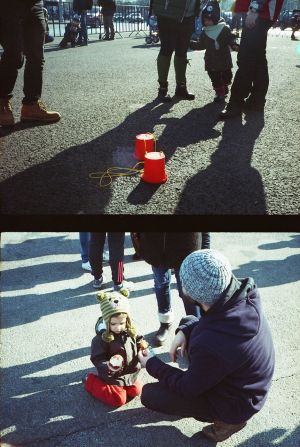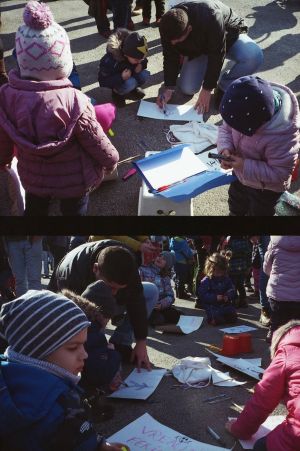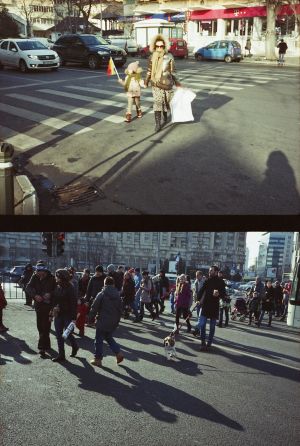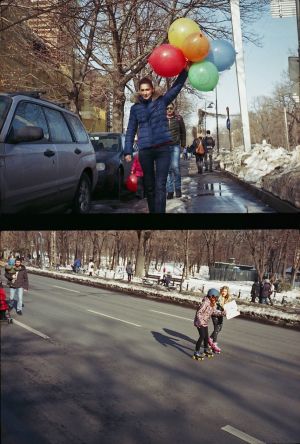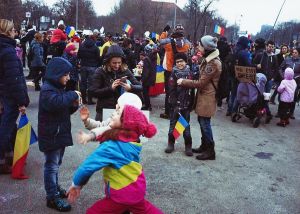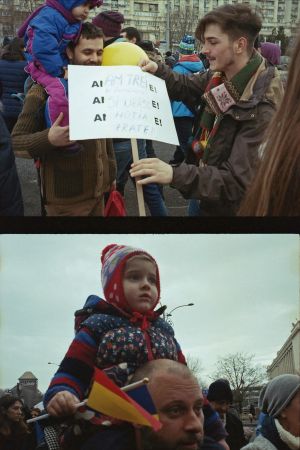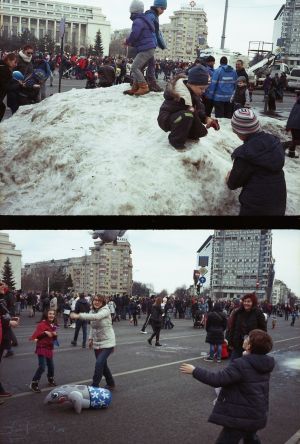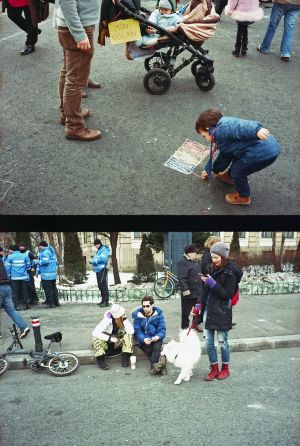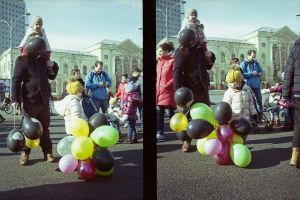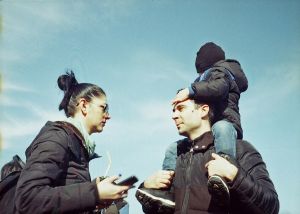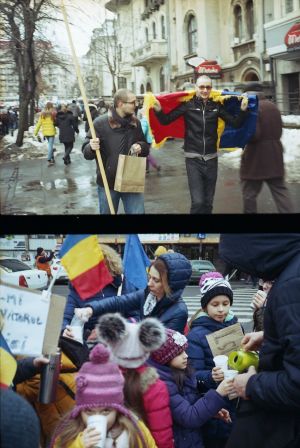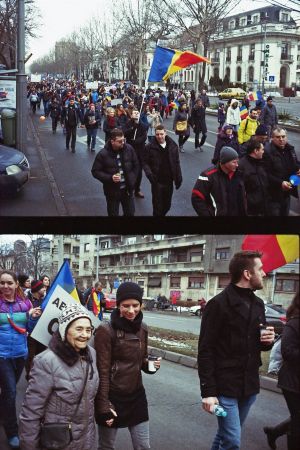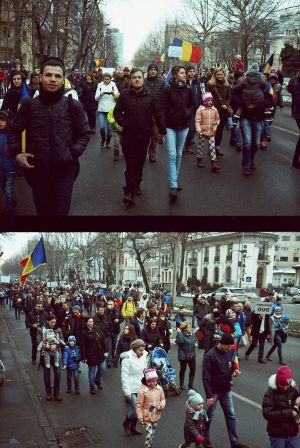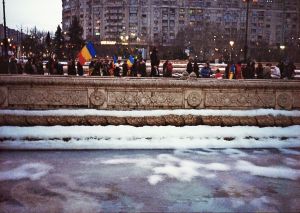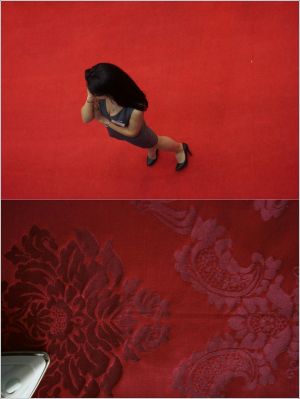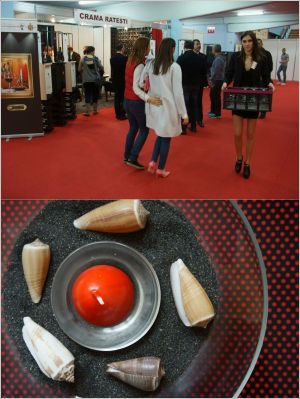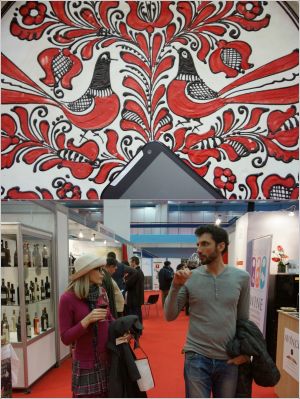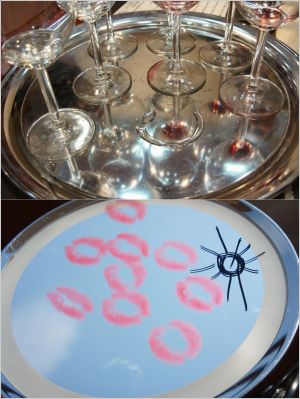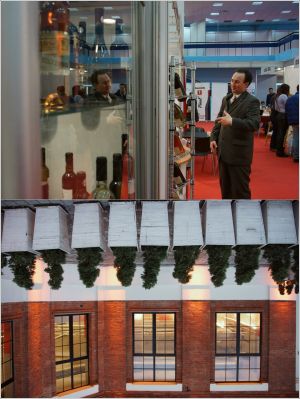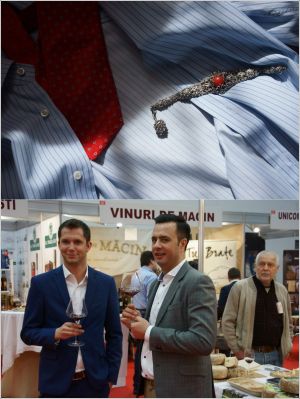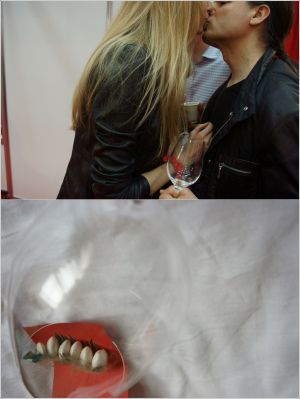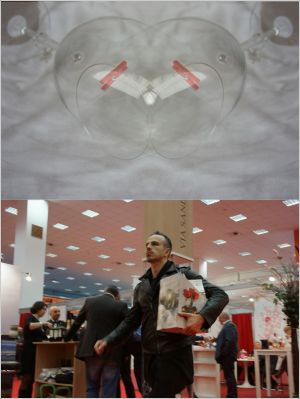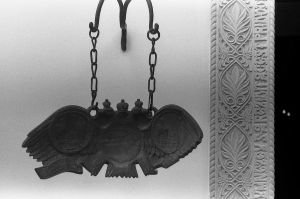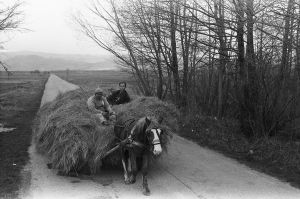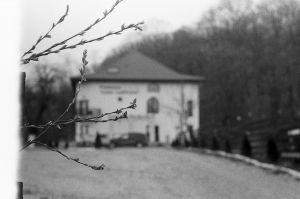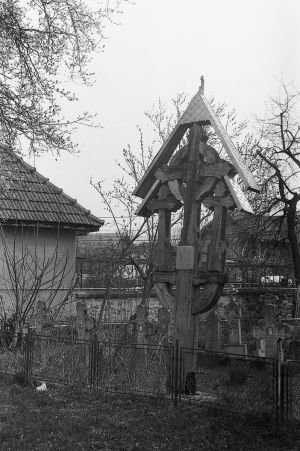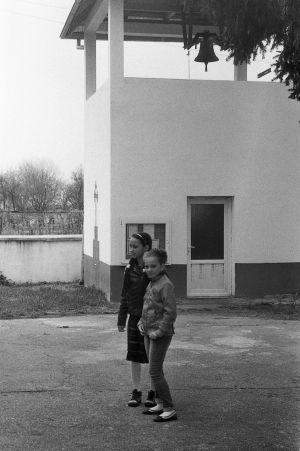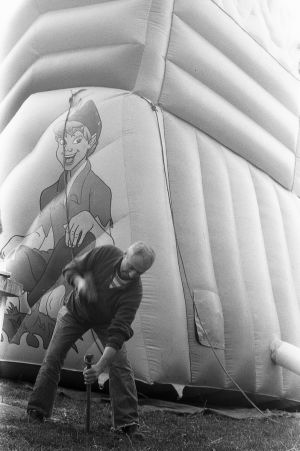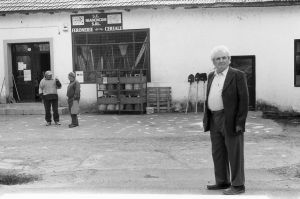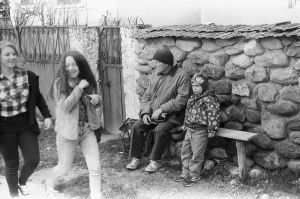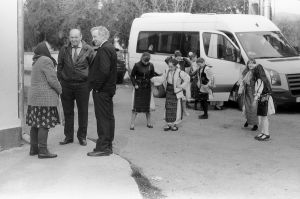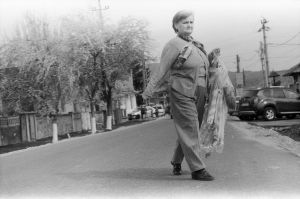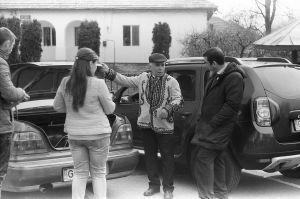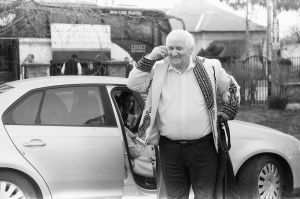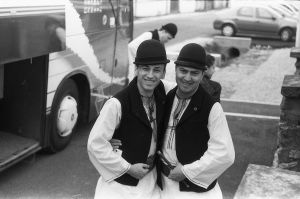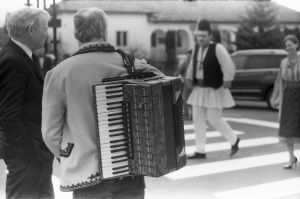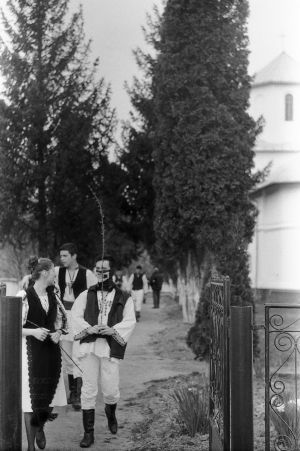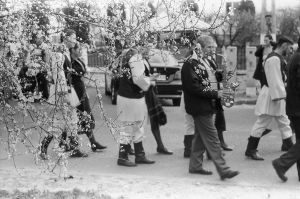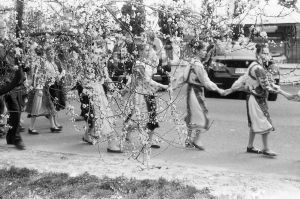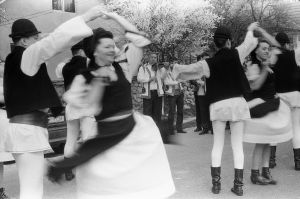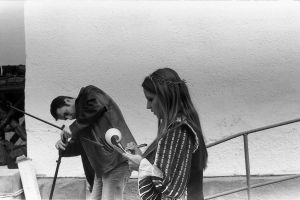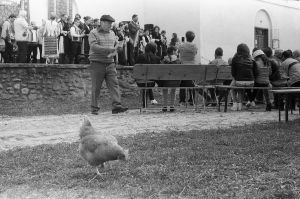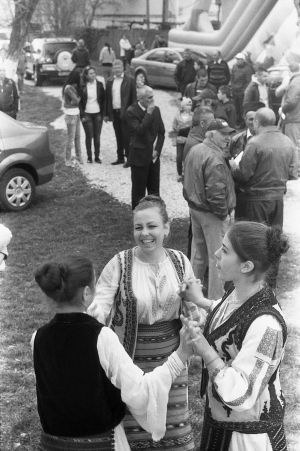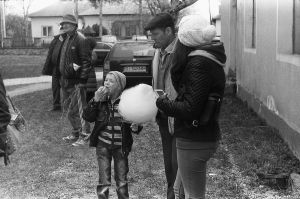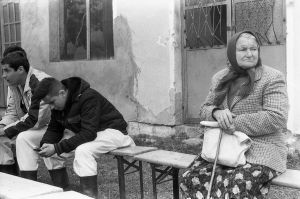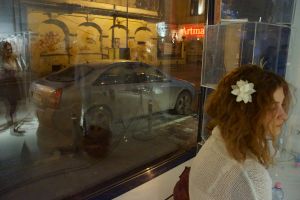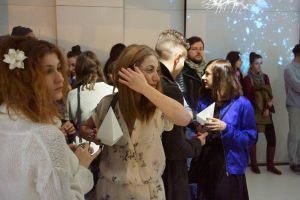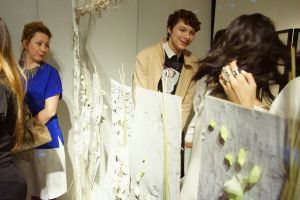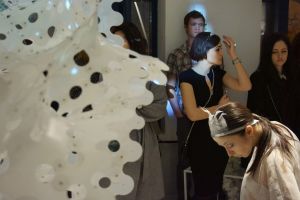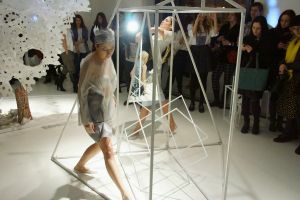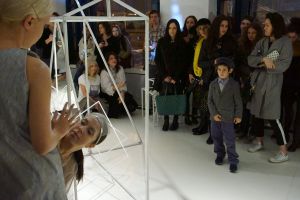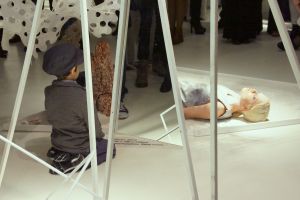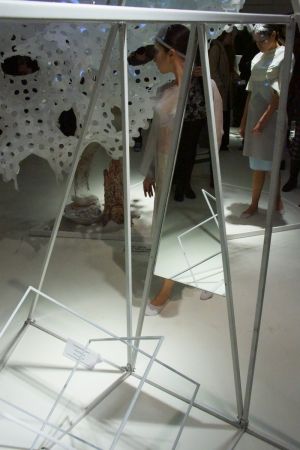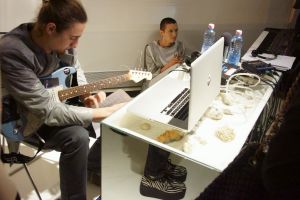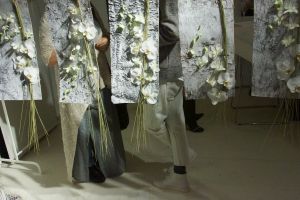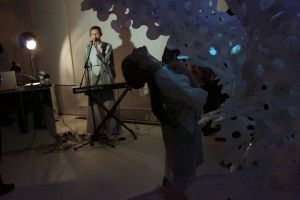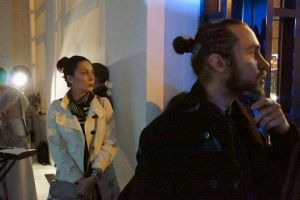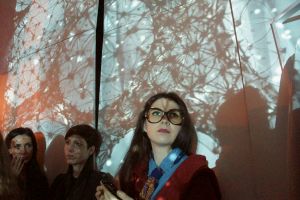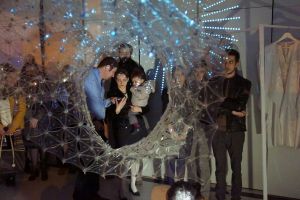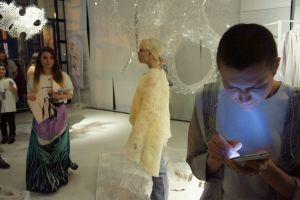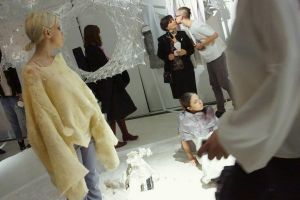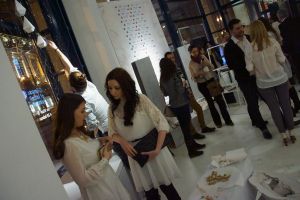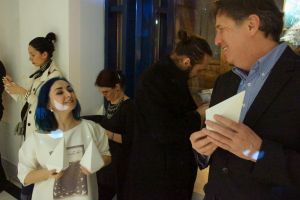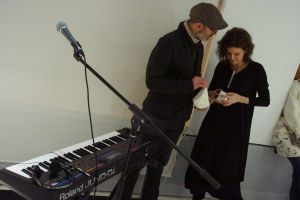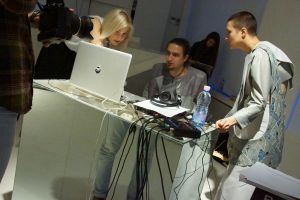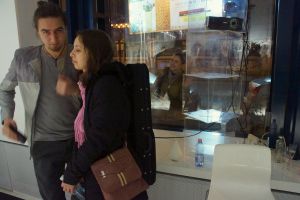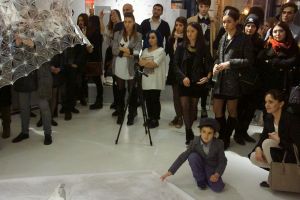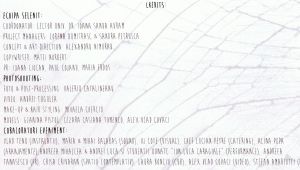Мирабель в деревне Турчинешть уезда Горж зацветает на Вербной неделе. Выглядит это сказочно: еще блестят снежным панцирем горы, а склоны деревень уже пушатся белыми цветущими деревьями.
Мирабель – ягода незнатная: довольно кислая, недостаточно плотная, относительно мелкая; но в своем полудиком кураже настолько изобильная, что уже много веков румыны наслаждаются ее пьянящим ароматом. Основное предназначение мирабели – цуйка – ароматный маслянистый самогон, самый ранний в году. Чтобы выгнать его как следует, перебродившую ягоду помещают в медный чан…
Именно такой чан принадлежит семейству Картьяну, которое живет у Турчинешти как минимум пару веков и может рассказать не только о чане. Но раз сегодня цветет мирабель…
Итак, семейство Картьяну, кулацкое, по нашей классификации, приобрело в 1911 г. австрийский медный чан, потому что в богатом (хоть и незнатном) хозяйстве все, включая самогон, должно было быть лучшим.
Можно только представить себе, сколько радостей и печалей было умаслено и утолено тем, что испарялось из чана и конденсировалось в бутыль, пока не пришел 1947 год и власть в деревне не поменялась.
Новое начальство не любило частную собственность и индивидуальное самогоноварение. Нелюбовь выражалась в том, что собственность отбирали для общих нужд, и в нуждах этих многие предметы пропадали.
Расстаться с чаном Картьяну не могли, и отец семейства решил закопать его в саду. Там чан и пролежал до 1989 года, когда власть в деревне снова поменялась.
К тому времени дед Картьяну состарился, память его ухудшилась, и вспомнить секретное место он не смог. Перекопав полсада и ничего не найдя, старик уверился, что чан украден, и слег с инфарктом. Семья же продолжила поиски.
Перекопав вторую половину сада, чан все же нашли, но в день когда после 42-летнего погребения его потускневшие медные бока вновь увидели свет, дед Картьяну умер.
А чан вернулся к делу. И мирабель в Турчинешти по-прежнему расцветает на Вербной неделе.
In the village of Turcinesti, Gorj county, mirabelle trees usually bloom by Palm Sunday. It looks fabulous: the mountains are still shining in their snow armor, while the hills of the villages are fluffy with white blooming trees.
Mirabelle is not a noble fruit: it is relatively sour, insufficiently dense and rather small; but it is wildly abundant, and as a result, for many centuries, Romanians enjoy its intoxicating aroma. The main mirabelle product is “tsuica” – the fragrant oily moonshine, which comes first in the year. To distill it properly, the fermented fruit is put in the copper still…
A still of exactly this type belongs to the Cartianu family, who have been living in Turcinesti for at least two centuries and keep stories about many things. But since mirabelle is blooming…
In 1911, the Cartianu family, kulaks by Soviet classification, purchased an Austrian copper distillation still, because in a rich (even if not a noble) household everything, including the moonshine, must be the best.
One can only imagine how many joys and sorrows were oiled and appeased by the liquid, which evaporated from the still and condensed in the bottle. Then the year of 1947 came and the power in the village changed.
The new bosses disliked private property and individual moonshining. They disliked it so much that property and objects were confiscated for common use and sometimes lost in the process.
The Cartianus could not part with their still and the father of the family took the decision to bury it in the garden. There, the still remained until the year of 1989 when power in the village changed again.
By 1989, however, grandfather Cartianu grew old, lost part of his memory and simply could not remember the hiding place. After digging through half of the garden, the old man found nothing and got convinced that the still had been stolen. The shock was powerful and took the man down with a heart attack. The family continued searching.
After digging the other part of the garden, they found the object, but on the day when its tarnished copper sides saw light again, grandfather Cartianu died.
The still meanwhile resumed its business. And mirabelle trees in Turcinesti are still blooming by Palm Sunday.







































